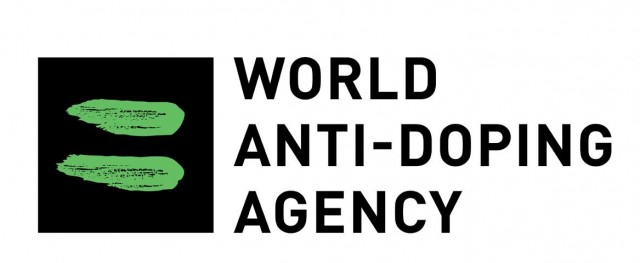David Howman, the director general of the World Anti-Doping Agency (WADA), discussed the disappointing state of steroid testing during a keynote address for the 2011 Partnership for Clean Competition conference. Steroid testing alone has largely been a failure in the war on doping in sports. Howman told the conference attendees that the anti-doping movement could no longer rely on science to catch steroid users.
“We all should know by now that the fight against doping in sport has reached the stage where science alone will not eradicate cheating or often even detect it,” said Howman.
Well-funded and sophisticated athletes can confidently use anabolic steroids and performance-enhancing drugs without fear of getting caught according to Howman.
“The clever cheating athlete on the other hand is becoming better at cheating, more sophisticated and funded extensively,” said Howman. “That athlete might now be confidently of the view that he or she will avoid detection under the historical approach.”
The historical approach used by the anti-doping movement has relied on using urinary and blood tests to catch cheaters. But the future of the anti-doping movement will rely less and less on the expensive testing protocols. Investigations and intelligence will be the centerpiece of anti-doping programs in the future.
What is even better, according to Howman, is that WADA doesn’t even need to spend any of its own money to do the investigative work. The anti-doping movement can simply exploit the intelligence collected by government law enforcement agencies. Those steroid investigations are already paid for by taxpayers; it’s simply a matter of gaining access to that confidential information.
WADA has drafted guidelines advising anti-doping agencies around the world on how to pursue their crusade against steroids by taking advantage of the work of law enforcement agencies. The guidelines contain “practical, sensible suggestions on how to go about working together with law enforcement, customs, immigration and other officials in order to properly and appropriately share information.”

Source:
Howman, D. (December 1, 2011). Current Challenges and Issues for Anti-Doping: Keynote Address for PCC Conference. Retrieved from http://www.wada-ama.org/

